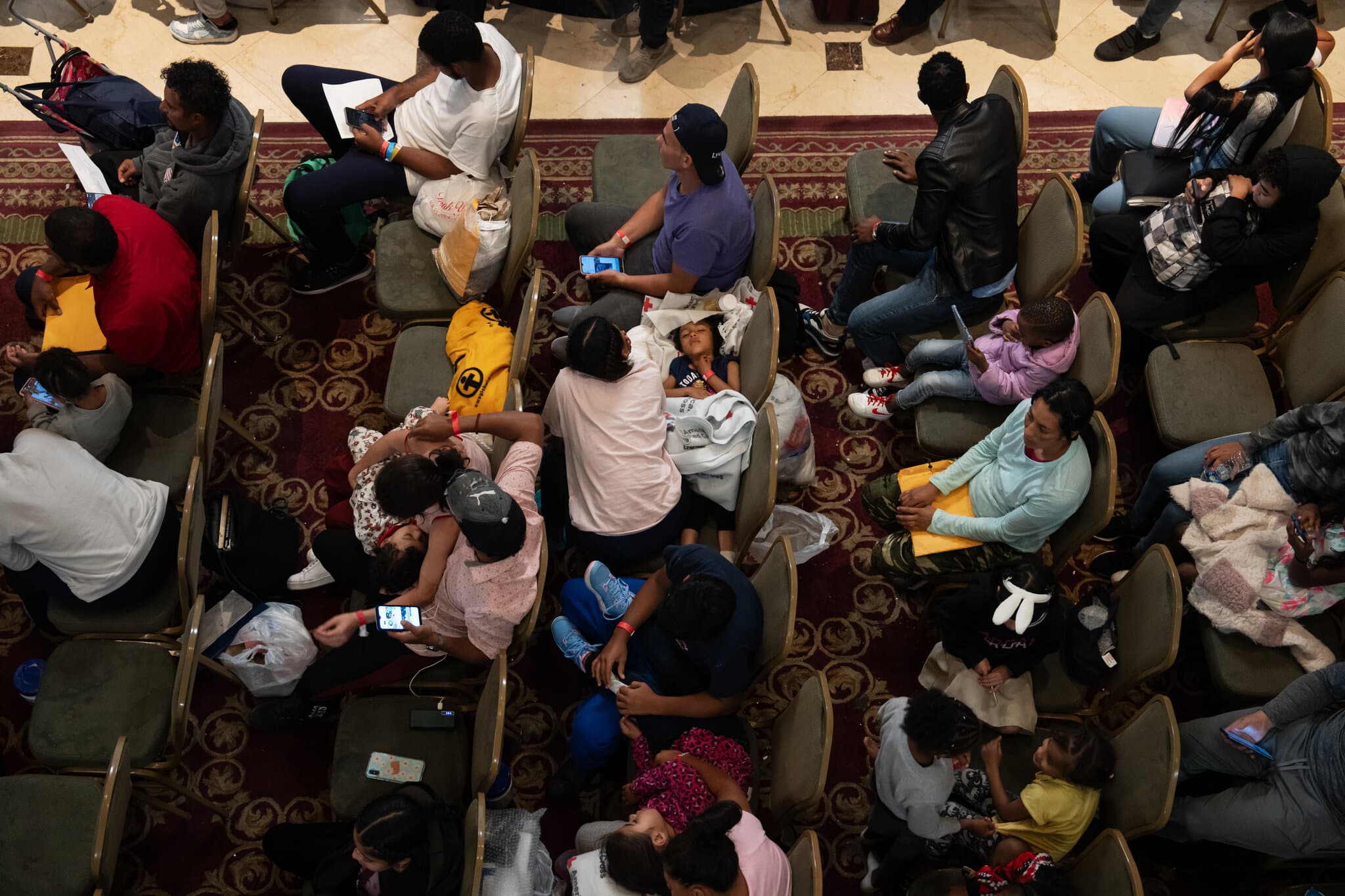NYC Migrant Arrivals Plummet from 4,000 to Hundreds Weekly as Key Shelter Closes

New York City has witnessed a significant decrease in migrant arrivals, with weekly numbers plummeting from a peak of 4,000 to just a few hundred. This dramatic reduction coincides with the recent closure of the Roosevelt Hotel, a prominent and symbolic migrant intake center in Midtown Manhattan, which processed over 173,000 individuals since May 2023. The shift marks a turning point in the city's nearly three-year humanitarian response to the influx of asylum seekers.
The perceived change in the crisis's intensity has been noted by various observers. A tweet from "Viral News NYC" captured this sentiment, stating, > "I remember filming bus after bus of migrants pouring into NYC, watching hotel after hotel turn into makeshift shelters, thinking to myself — 'When is this 💩 going to end?' And seriously, who thought this was a good idea? Well… it sure as hell stopped when Trump took office."
Indeed, the slowing influx into New York City has been linked to the return of President Trump to office in January 2025. His administration has initiated a stricter border crackdown and taken a hardline stance on illegal immigration, leading to a significant reduction in illegal border crossings. This national policy shift has directly contributed to the decreased number of asylum seekers arriving in the city.
The city has spent over $6 billion on shelter and related costs since the migrant crisis began in 2022. Despite the tapering of new arrivals, the Adams administration recently inked a nearly $1 billion contract with the hotel industry for emergency shelter space, extending through June 2026, to house a total of 86,000 individuals, including homeless and asylum seekers. This move has drawn criticism from some analysts who question the necessity of such extensive hotel contracts as the crisis reportedly subsides.
The Roosevelt Hotel, which opened as an intake center in May 2023, became a visible symbol of the city's struggles, housing up to 2,900 people at its peak. Its closure, announced by Mayor Eric Adams in February 2025, is part of a broader strategy that includes phasing out 53 emergency migrant shelters by June 2025. The city's "right to shelter" policy has mandated the provision of emergency housing for all in need, leading to the conversion of numerous hotels and other facilities into temporary shelters.
Adding to the financial complexities, the Trump administration withdrew $80.5 million in federal funding previously allocated to New York City for housing migrants, citing concerns over the use of "luxury hotels." Mayor Adams has since sued the federal government to recoup these funds, denying the luxury claims. While the immediate influx has slowed, New York City continues to manage a substantial shelter population, with ongoing debates about long-term solutions and financial sustainability.